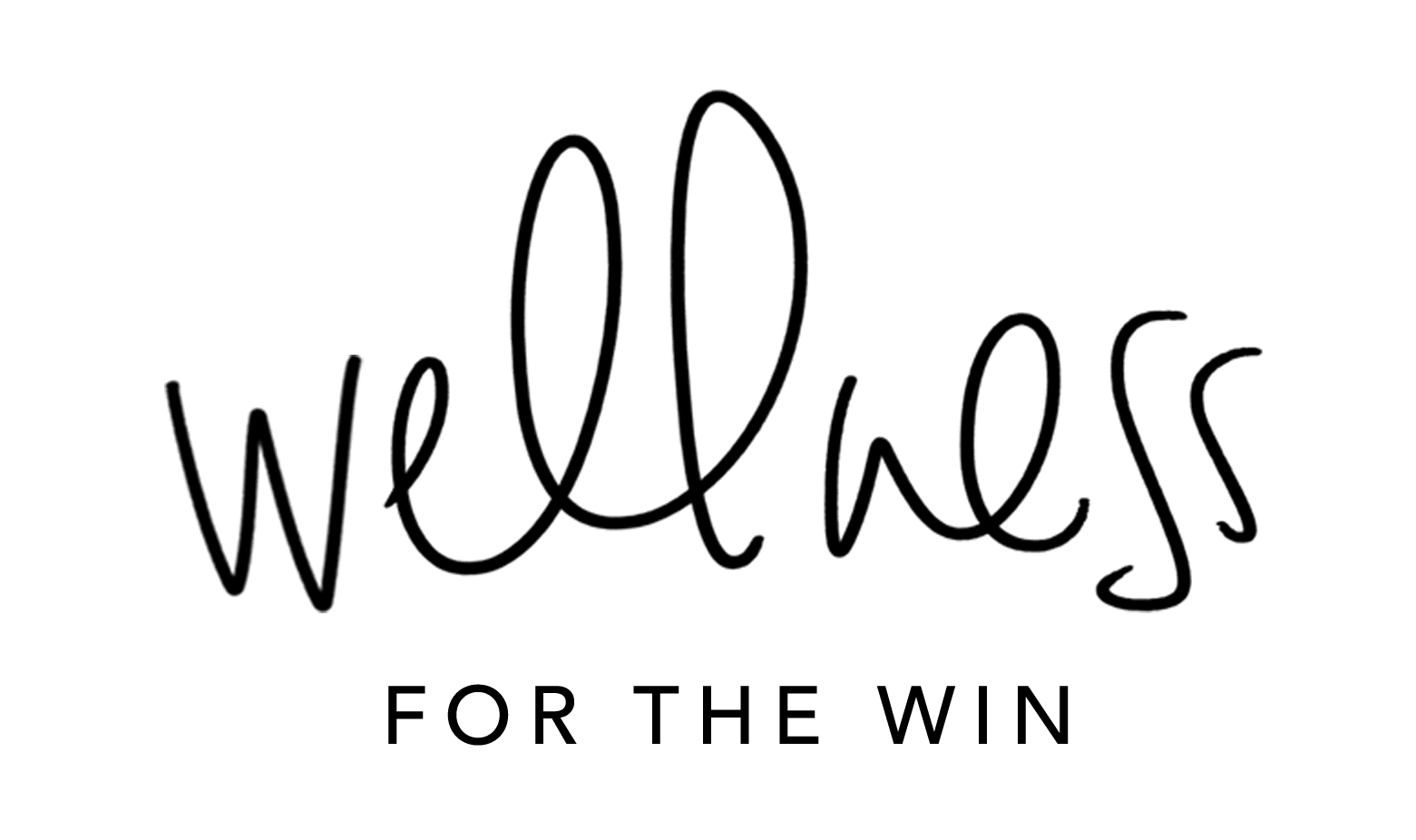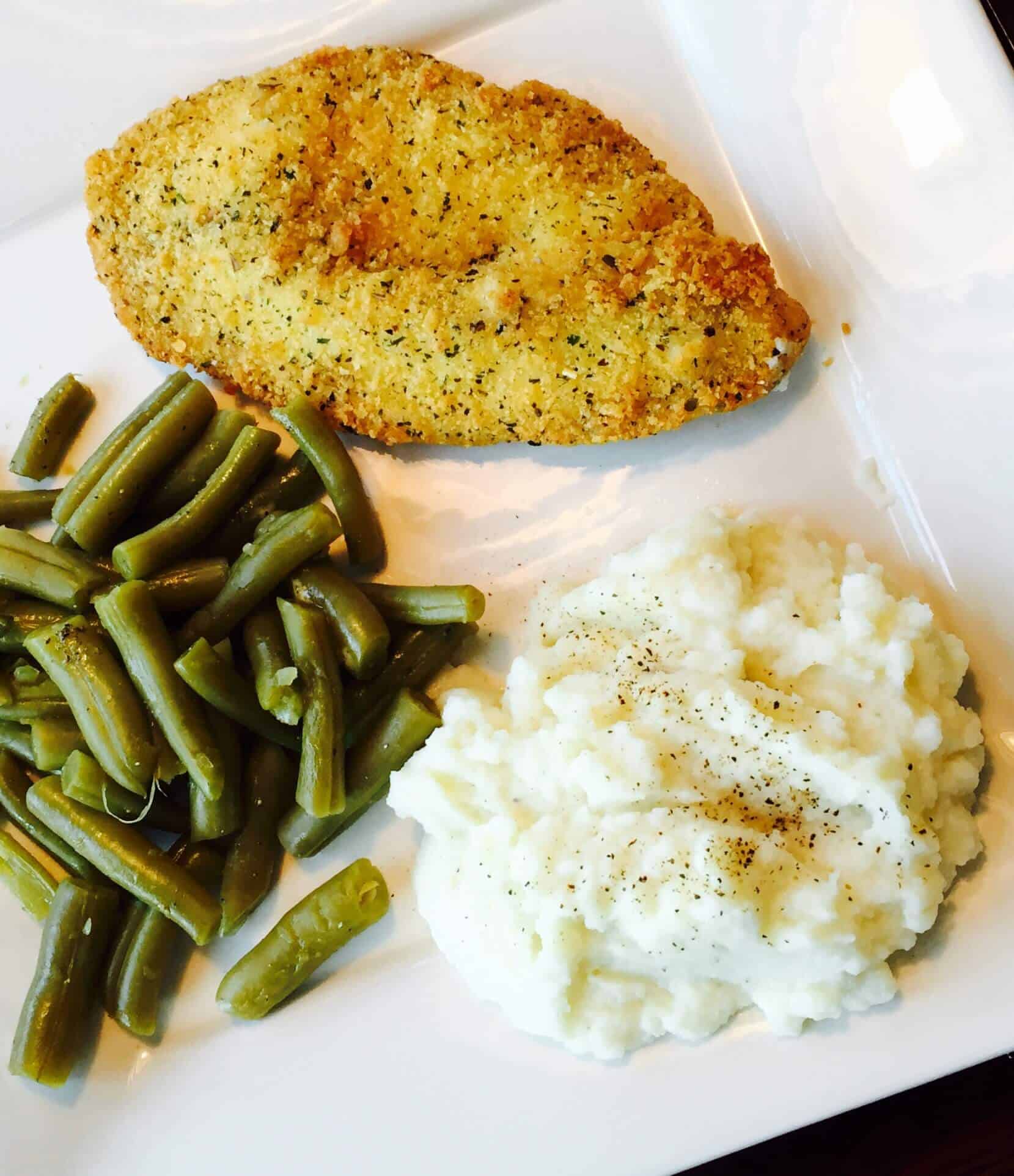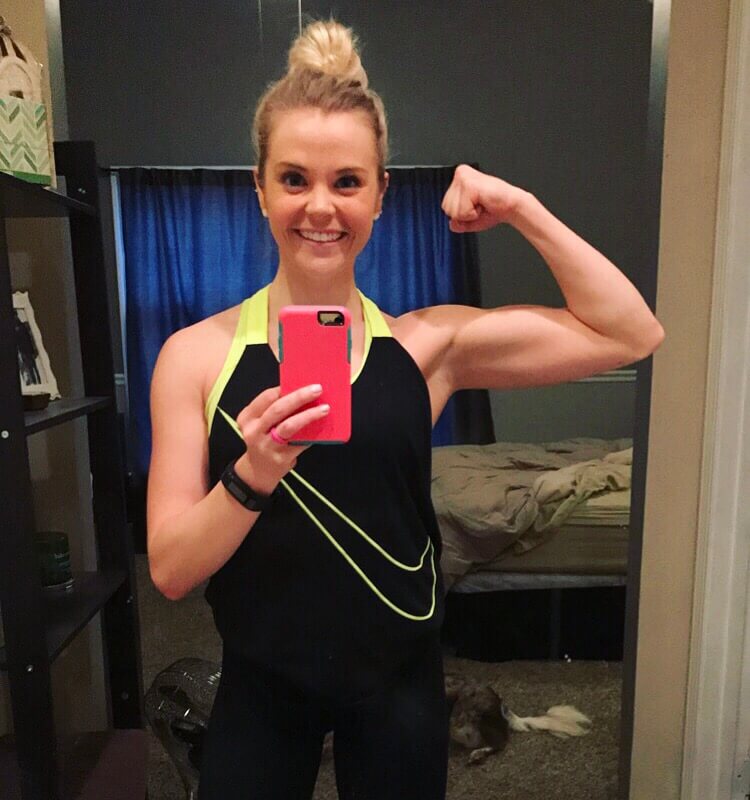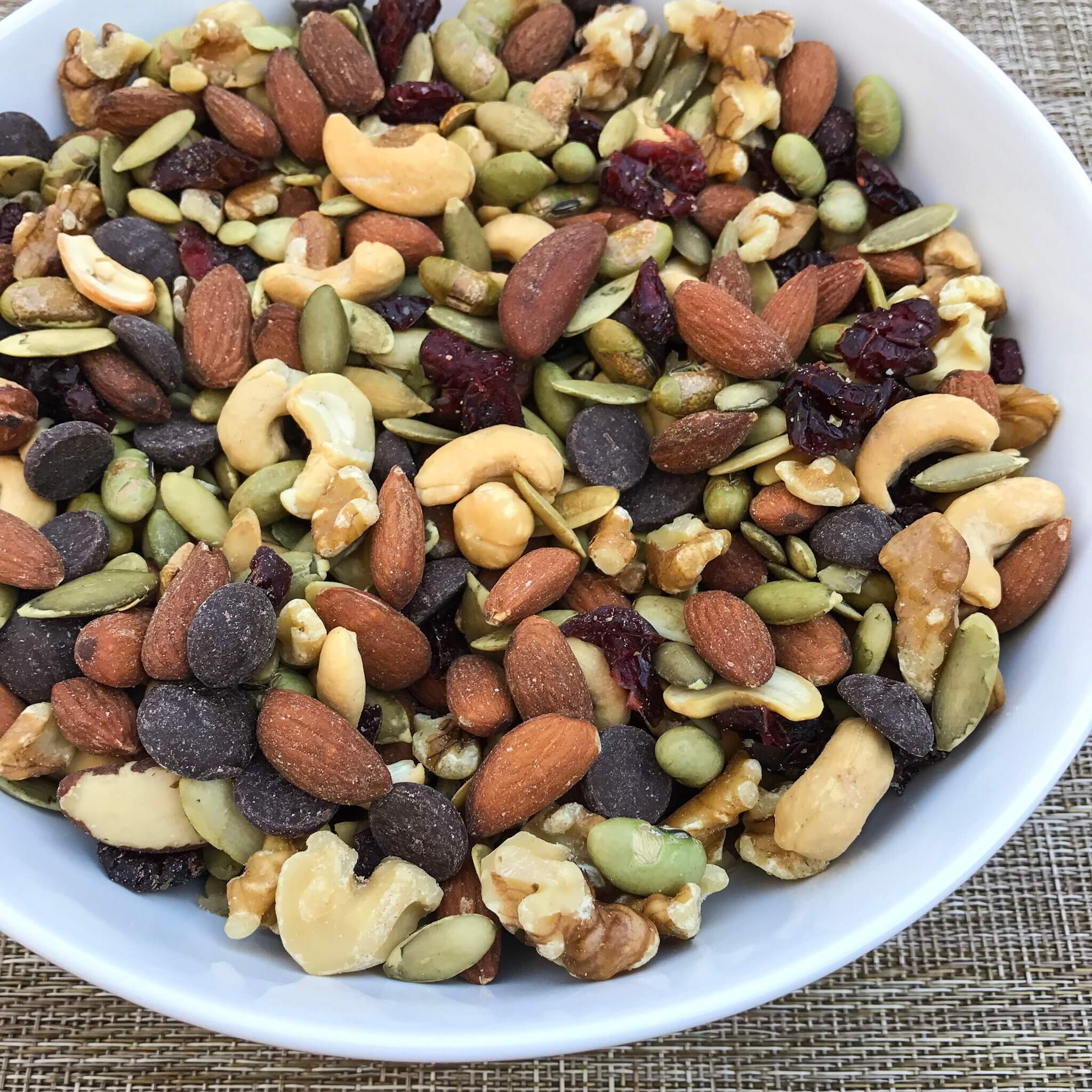Passion vs. Obsession: When Healthy Eating Goes Too Far
I have always been a huge perfectionist; that’s something that will probably never change. In some cases it has actually been beneficial. In other cases, not so much. In this post I’m going to talk about perfectionism being a negative thing, and when healthy eating goes too far.
TRIGGER WARNING for anyone who currently has an eating disorder or is recovering from an eating disorder. There is some language in this post that could be triggering for you, so please be careful if you are not in a place to handle it at this time.
the life of a perfectionist
I did really well in school because it was important to me. I didn’t just do it for the grade (although that helped), but I did it because of what I believed it said about me as a person. It showed that I’m a hard worker and I am dedicated to the things that I care about. And quite frankly, I couldn’t settle for a B when I knew the A was possible.
The funny thing is, I actually got a lot of crap from other people for working so hard in school. “Grades don’t matter after college anyway. It’s all about who you know and job experience”, they would say.
Now I feel like I get similar remarks for eating healthy. If I get a grilled chicken salad at a bar instead of a mountain of nachos or a cheeseburger and French fries, people look at me like I have three eyes. Like I’m some kind of crazy person because I don’t particularly want a greasy meal that I know will make my stomach hurt?
characteristics of eating disorders
Living in a world full of temptations and peer pressure as a person who tries to make very intentional decisions can be tough. I like to be in control of my actions and my life in general, and I don’t like to let others influence my choices, especially when it comes to food. This is a characteristic of a lot of people who suffer from eating disorders (EDs); for them, it’s usually about much more than just food and achieving a certain body weight.
Often times, people with EDs sense a lack of control in some aspect of their life, but their weight and eating behaviors are one thing they do have control over. Unfortunately, things tend to go downhill from there rather quickly. These obsessive behaviors not only lead to extreme, unhealthy weight loss and other serious damage to your body, but they usually result in feelings of isolation and depression as well.
establishing healthy habits
I’m far from perfect, but I do my best to make decisions every day that will benefit my health and overall wellbeing. I’ve gotten to the point where these aren’t tough choices I have to force myself to make. They just come naturally. For example, it’s pretty much a given that I will have fruit and/or a vegetable at most of my meals. I always try to get at least seven hours of sleep each night.
It never crosses my mind to drive through a fast-food joint when I’m hungry and on-the-go, because I am typically prepared with healthy snacks stashed in my purse. It’s rarely a question of whether or not I’m going to exercise, but whether I will get it done before or after work. (However, I do take 1-2 days off most weeks, sometimes 3.) These things are just a part of my routine now.
It takes a lot of time to get to the point where making healthy choices comes effortlessly. Right now I’m at the point where I wouldn’t have it any other way. Some people may think I’m obsessive about it all, but I just think of all these decisions as habits, and pretty good habits at that.
Note: when I wrote this in 2015 I was likely a little obsessive, in comparison to where I am today. But, we don’t know what we don’t know.
what is orthorexia?
Orthorexia is a term that popped up in recent years that you may or may not be familiar with. It is basically defined as an obsession with healthy eating. It has not yet been considered an official diagnosis, but some feel that it is just an extension of existing disorders because it has such similar characteristics.
Similar to people with anorexia nervosa or obsessive compulsive disorder (OCD), people who identify as “orthorexic” have obsessive eating behaviors and feel the need to be in control. These people may claim they are on a strict gluten-free or vegetarian diet just to avoid eating unhealthy foods or foods prepared by someone else, because both can cause them to have a great deal of anxiety.
If you are on social media (which you most likely are if you are reading this), you know that there are pictures of food everywhere you turn. I’m not just talking pictures of deep-fried eats & sweets, but beautiful photography of healthy, nutritious, colorful dishes that healthy food bloggers are snapping and sharing of every single meal or snack that they ate that day.
I follow over 1,000 people on Instagram, over half of which are these healthy food bloggers I’m referring to. With that being said, I see pictures of healthy food everywhere I turn.
But is all this #foodporn exacerbating some people’s orthorexia, or causing them to become increasingly obsessed with “eating clean”? In an article from the Washington Post, Dr. Steven Bratman stated that orthorexia is distinct from anorexia and bulimia in that the diet is not the main problem, but rather the obsession that accompanies it.
An orthexic person’s goal usually isn’t to achieve a certain weight, but more so to resist temptations and stick to their strict, chosen diet. They may feel extreme guilt for having a “cheat meal”, and thrive off of feeling superior over others whose diets aren’t quite so “clean”.
do i have orthorexia?
Once I read an article about this disorder, I started diagnosing myself as orthorexic, just like many others have started to. Sometimes I do feel anxious when I go to a place where I know there will only be unhealthy food available, I thought to myself. I do feel uncomfortable when people try to force me to eat something I don’t want to eat, but I don’t want them to think I’m weird for denying a delicious donut.
After some serious pondering, I concluded that no, I do not have this condition. I simply have a strong passion for health. Although some of the above situations can be a little unsettling at times, I have gotten pretty good at smiling and saying “no, thank you” when I truly don’t want something. (I must say, some people kinda suck at taking “no” for an answer these days.)
Some of the responses to another article about orthorexia went something like, “Since when is eating healthy such a bad thing?” And I totally agree – why are people who make healthy choices getting labeled with a disorder? I also agree that there is a time and place where you draw the line and have a damn cookie.
life is about balance; not the restrict/binge kind
Back in the day (AKA, like 2015) I tried really hard to eat healthy Monday through Friday, and then I would “treat myself” on the weekends. As a dietitian, I see this mentality a lot; unfortunately, it is often taken to the extreme. It is not helpful to let the pendulum swing back and forth that far every single week. This leads to a poor relationship with food and often mistrusting your body’s cues, too.
Guess what? Your body doesn’t know if it’s Tuesday or Saturday. If you need a bowl of ice cream or a rest day in the middle of the week, by all means, do what you gotta do.
There is nothing wrong with wanting to eat healthy the majority of the time. It doesn’t mean you have a disorder — just don’t go overboard. Trust me, it can be extremely frustrating when people try to shove cake or French fries down your throat when you genuinely do not want it. Do you see us healthy people forcing you to take a bite of our side of broccoli? Probably not.
Everyone needs to learn to respect each other’s food choices, and avoid commenting on them. It’s truly nobody’s business but our own.
my personal struggles with food and body image
Although I decided that I don’t have orthorexia, I must admit that I have struggled with body image and preoccupation with food in the past, just like many other girls my age have. I went through a period of somewhat “disordered eating” for a few months in college.
Based on what I know about eating disorders, I wouldn’t say I had one, but to some people it might sound that way. We all have those days when we look in the mirror and think, “Ugh, I feel fat. I hate “x, y or z” about my body.” Typically when we feel that way, something much deeper is going on.
I had those poor body image days back then and I still do today. I am well-aware that I have thin privilege. I know I’m not actually overweight. I’ve always been very physically healthy, but for a time, I was missing the mental and emotional health piece to go along with it. But that is the perfectionist in me, nitpicking every little detail and tearing myself apart for no apparent reason. Unfortunately, diet culture causes most of us to do this, no matter how “thin” or “fit” one might be.
my history of binging and purging
In college when I did this, however, it led to some binging and purging behaviors. I think most of it stemmed from stress. Juggling too many things at once and trying to have complete control over every aspect of my life led me there.
I did some of my binging around friends, but the purging happened behind closed doors. Only 2 people in the world knew about it, until now that is. I usually only did this after I’d had a few drinks because then I could justify it and “blame it on the alcohol”. I would go out with friends, then come home and eat a few too many bowls of cereal, nuts, Reese’s Pieces, pizza, sandwiches — really anything I could get my hands on.
Then after everyone would say goodnight, I’d usually eat some more, and then I’d head to the bathroom and get rid of all the food I just ate and immediately regretted. It usually did make me feel better physically. But mentally and emotionally I was ashamed. I knew better. “I’m a dietetics student. This goes against everything I stand for – why am I doing this?” Still to this day, I don’t really know why I did it. But I did, and I even kinda liked it for a short time.
These behaviors came in spurts, but overall, it only lasted a couple of months before I got a grip and called it quits – for good. The people who knew encouraged me to stop and helped me “see the light” if you will. I know people who have struggled with eating disorders that have taken over their lives for years, so I don’t feel like I can sit here and say I had one. But call it what you will. Eating disorders are not a choice.
They are a mental illness, and the deadliest mental illness at that. With that said, they are not easy to overcome and you can’t (and shouldn’t) try to beat it alone. Like I said, I prefer to call what I went through a short period of disordered eating. Handling my stress and desire to be perfect in one of the worst ways. Can I say that I never ever think of doing it again? Not entirely. But I don’t. Like I said, I’ve gotten pretty good at making my healthy choices a habit. I am so incredibly happy and content with my life right now, but that doesn’t mean that I never have a momentary lapse in judgement. Despite my intense perfectionism, I am far from perfect. We all are. And that’s okay.
Life is fun, but it is hard. There is always going to be pressure to look better, be skinnier, eat healthier, work harder — and the pressure is only going to build. (I hate to love you social media.) But you have to know where to draw the line. Always do the best you can, but never lose that healthy balance.
If you’re unhappy, then you’re doing something wrong. Your passion to be healthier should never take away from your happiness; it should enhance it. As you’ve hopefully gathered by now, good health is just as much mental and emotional as it is physical. What you see on the outside does not always reflect what’s going on inside, despite what people’s lives look like on Instagram. Live the life you want to live, but do it for you, not just for your followers.
Thanks for reading,
Shanna







Thank you for being so brave and sharing your story. I know I can relate as most other women can too. I very much enjoy your blog. Keep it up. ?
Awh thank you so much Lauren!!! Thank you for following!!